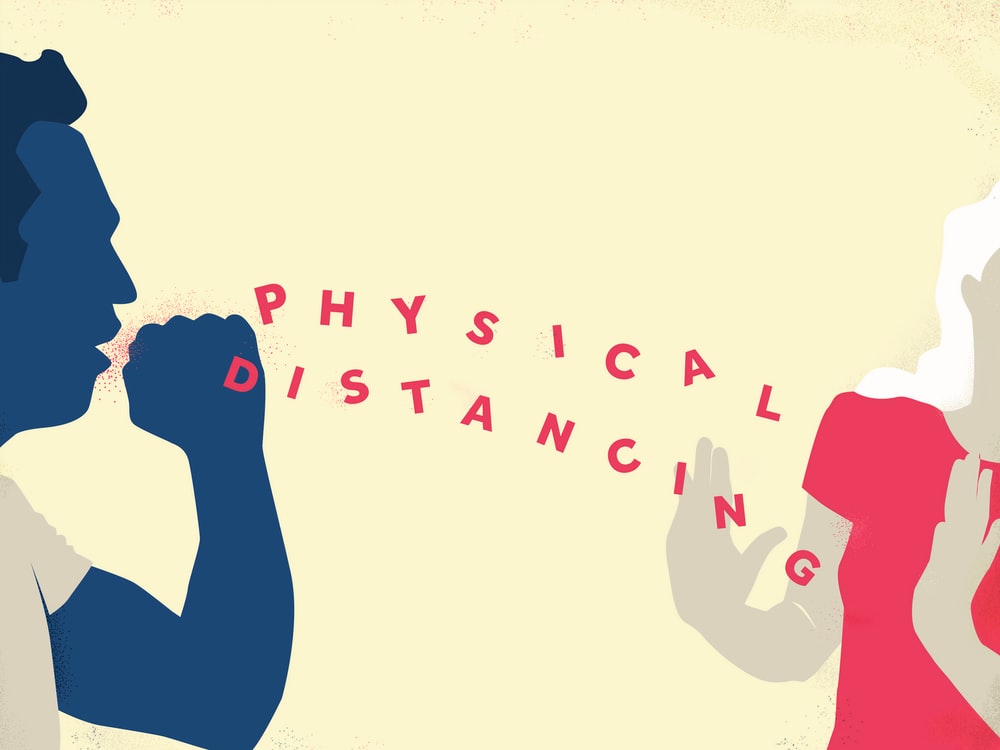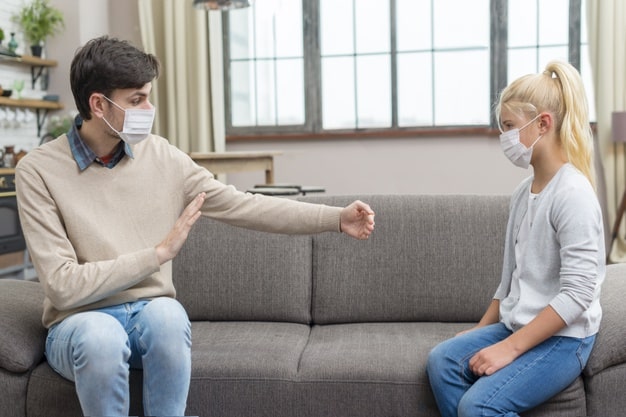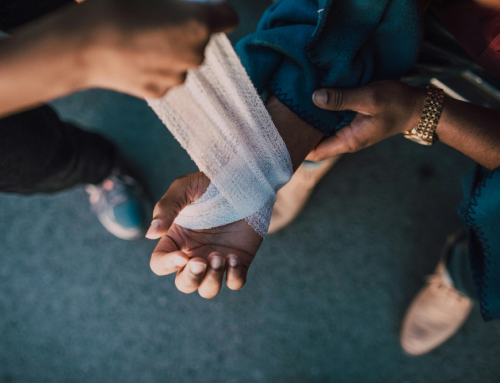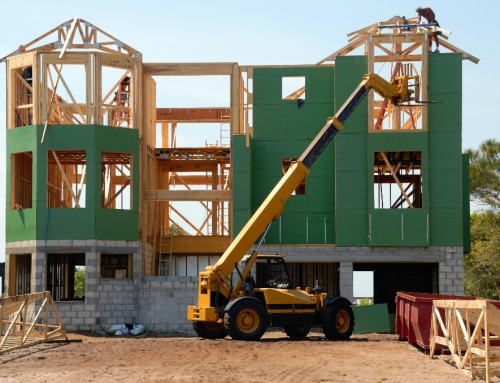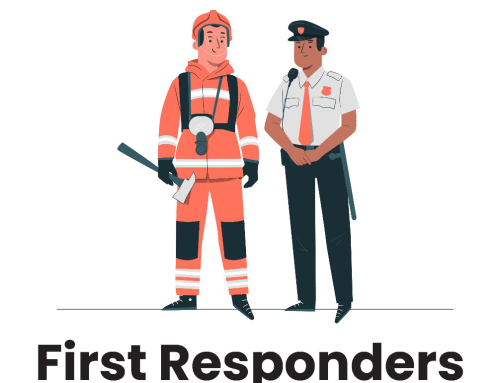The rapid spread of COVID-19 throughout the world is because the virus is highly transmittable. Physical contact with people, touching infected surfaces, and even walking through suspended particles in the air can increase your risk of contracting the virus.
The World Health Organization has outlined a series of recommendations for individuals with a focus on social distancing.
So what is social distancing, and how does it work?
Social distancing is primarily about keeping a physical distance from others to prevent the spread of the virus. Currently, the biggest threat caused by the novel coronavirus is to our healthcare system.
If too many patients get sick at the same time, hospitals will get overburdened, and medical resources will become scarce. To prevent this from happening, the CDC has prescribed social distancing as the key to ‘flattening the curve’.
Here are some health precautions you need to take to practice effective social distancing.
Maintain physical distance
Physical distancing means staying away from crowded areas and gatherings to prevent the transmission of the disease. Maintain a distance of at least 2 metres when you’re out of the home for essential tasks, such as grocery shopping.
Washing hands regularly
Washing your hands regularly for 20 seconds with soap and water can eliminate the disease. Your hands come in contact with different surfaces all time, so it’s important to keep them clean and sanitized. Also, avoid touching your face as much as possible as germs can move from hands to the mouth and nose, entering your respiratory tract.
Wearing masks
Wear masks when out in public to prevent breathing in suspended particles. They don’t just protect you but also keep others safe in case you have the virus but aren’t showing any symptoms.
Limiting contact with people at higher risk
People older than 60 years of age, or those that have weakened immune systems are at a higher risk of death if they contract the virus. As such, it’s important to limit contact with them as they experience much more adverse symptoms.
Taking these precautions should help you avoid the risk of any related medical emergency. However, it’s best to stay prepared for any situation.
Metro Safety offers Red Cross basic life support training and first aid courses to students all over BC. Our trainers are skilled at helping beginners learn and apply first aid training through their courses. We’re also taking additional safety measures to keep our premises fully sanitized.
For more information, call 604-521-4227.


